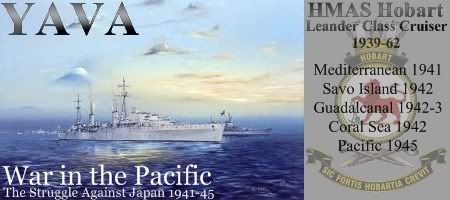rtrapasso
Posts: 22653
Joined: 9/3/2002
Status: offline

|
Year 1262:
England's Henry III receives papal absolution from his oath to observe the Provisions of Oxford that he signed 4 years ago. His reassertion of absolutist power rekindles hostility among the barons (see 1263).
Richard de Clare, 7th earl of Gloucester, 8th earl of Clare, and 6th earl of Hertford, dies at Eschemerfield, near Canterbury, Kent, July 15 at age 39. Leader of the conservative faction opposing Henry III, Gloucester has held estates in more than 20 counties in England, including Glamorgan, Gloucester, and Tewkesbury, plus the Kilkenny estate in Ireland, and has been the most powerful English nobleman of his time.
The self-proclaimed Prince of Wales Llywelyn ap Gruffudd begins hostilities against English barons in southern Wales and makes an alliance with Simon de Montfort against Henry III (see 1258; 1267).
Crusaders on the Iberian Peninsula recover Cádiz from the Moors, who have held the city for more than 500 years.
Aleksandr Nevski persuades the Tatars to accept a smaller tribute and drop their demand that Russians render military service.
Hungary's 23-year-old crown prince Stephen (István) forces his father, Béla IV, to surrender 29 counties to him and thus virtually bisects the country into two kingdoms, but Béla had the son married for political reasons to a Cuman woman in 1255 and Stephen is widely disliked because he is said to have pagan leanings; when he seizes the southern banate of Macso it will precipitate war between the two; Béla will prevail (see 1268).
Genoa's Fieschi family joins with the Grimaldi family to stage a counterrevolution that enables them to return from exile and regain power (see 1257; 1270).
Norway's Haakon IV unites Iceland and Greenland with Norway.
|
 Printable Version
Printable Version



















 some of it in the rain (hooray
some of it in the rain (hooray 
 airmen were selected from a cast of thousands. (mostly because I was on leave
airmen were selected from a cast of thousands. (mostly because I was on leave 





 New Messages
New Messages No New Messages
No New Messages Hot Topic w/ New Messages
Hot Topic w/ New Messages Hot Topic w/o New Messages
Hot Topic w/o New Messages Locked w/ New Messages
Locked w/ New Messages Locked w/o New Messages
Locked w/o New Messages Post New Thread
Post New Thread